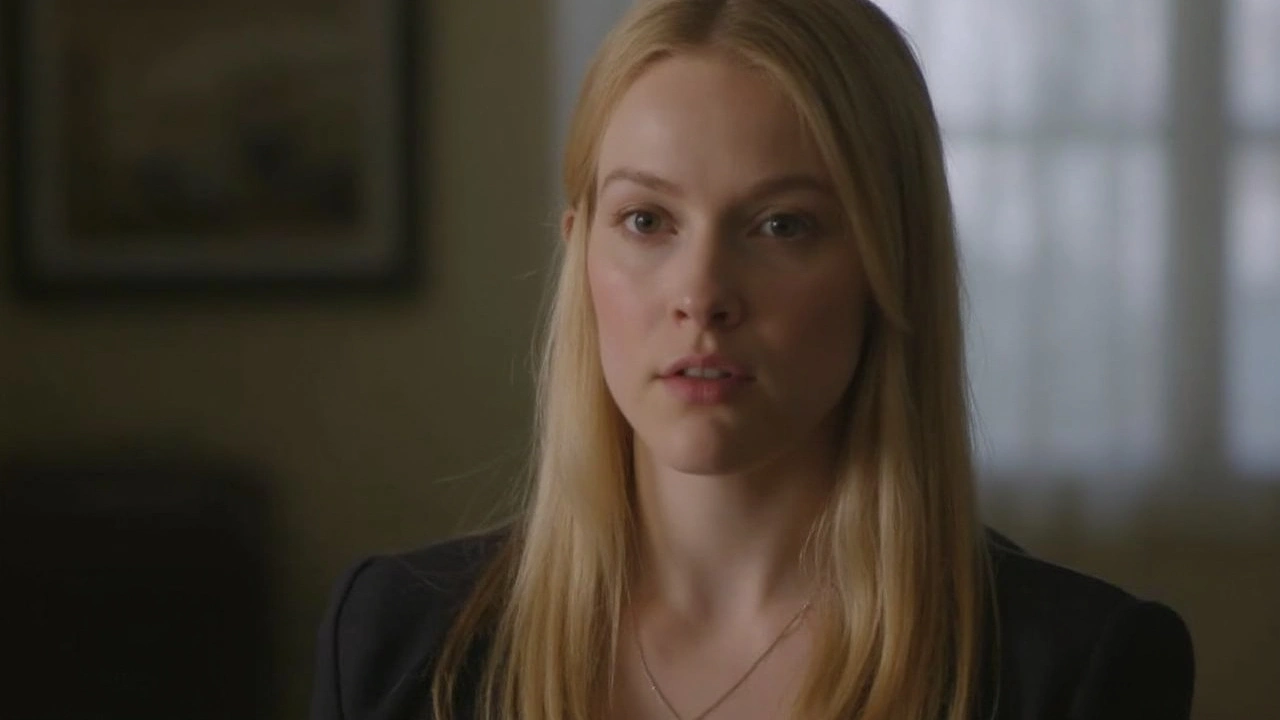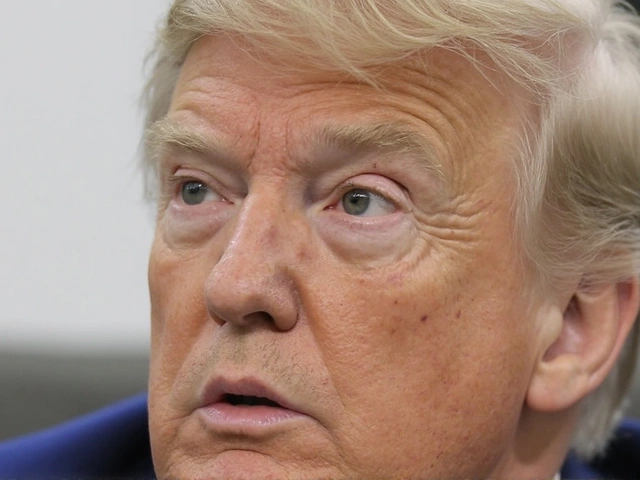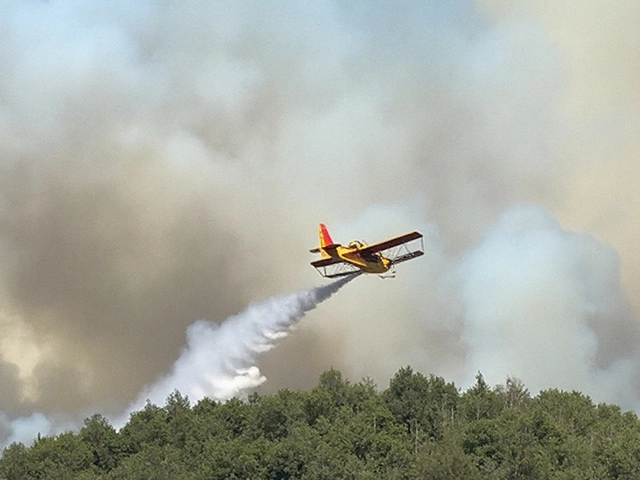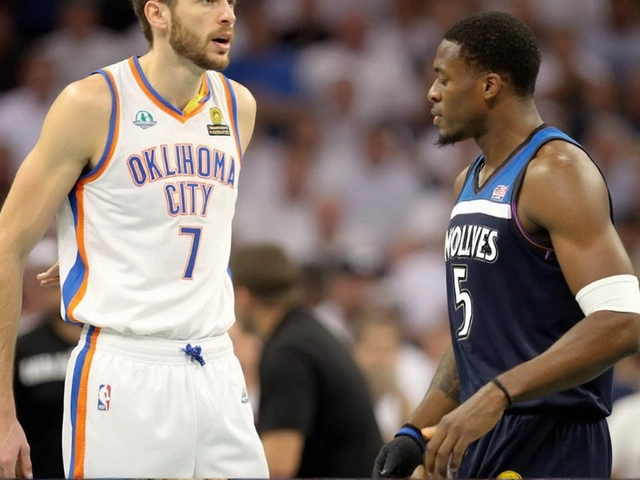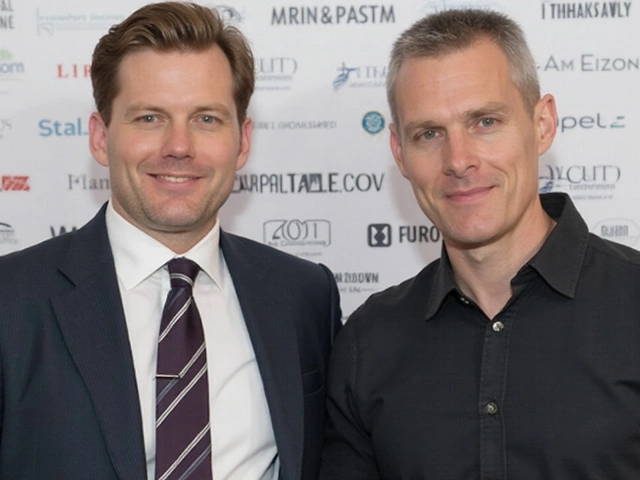Evan Rachel Wood Breaks Silence in Marilyn Manson Documentary
Channel 4’s Marilyn Manson Unmasked dropped on January 14, 2025, turning a spotlight not just on one of rock’s most controversial figures, but also on the growing conversation around abuse, consent, and justice in the entertainment world. Actor Evan Rachel Wood, who started dating Manson—or Brian Warner, as his real name goes—at 19, takes center stage in the series. Her voice is raw and direct as she shares her story: she alleges that Manson manipulated, groomed, and abused her psychologically and sexually throughout their relationship.
Wood’s public accusations in 2021 didn’t just ripple through tabloids—they torched off a reckoning. Soon after her statement, more than a dozen women came forward, adding their own stories of trauma and mistreatment. Some even brought Jane Doe lawsuits, detailing similar patterns of sexual exploitation and emotional control. The documentary details these claims, weaving together old interviews, legal filings, and new testimonies—painting a portrait not just of one relationship, but of a broader problem.
Justice Delayed—and the Fight to Change the Rules
What’s the legal fallout been? In 2025, after prodding from both the public and survivors, the Los Angeles District Attorney’s Office finished its investigation. Their verdict? No charges against Manson. They cited issues with the statute of limitations and gaps in evidence. For Wood, it was a gut punch. She’s open about her disappointment, but refuses to let it sap her resolve.
That’s where the Phoenix Act comes in. If you haven’t heard of it, it’s legislation Wood helped push through. Here’s the key point: it lengthens the time survivors have to seek justice in court. No more running out the clock while trying to process trauma. In her own words, that’s how she hopes to help others—even if the law fell short in her case.
The documentary also spotlights the bigger picture, digging into why so many survivors are denied their day in court. It’s not just about celebrity names or tabloid headlines; the legal system often puts up roadblocks—from short deadlines to daunting evidence requirements. For many, the shame and fear that come with abuse can mean waiting years to talk—and by then, traditional laws often leave them out in the cold.
Manson, for his part, sticks to his story. He denies everything—says it’s all lies and “horrible distortions of reality.” The show gives space to those denials, presenting his official statements and responses alongside the mounting testimony. Viewers are left with a tough juxtaposition: persistent survivor stories versus hardline denials and a criminal justice system that rarely resolves things neatly.
For anyone following the ongoing #MeToo movement or curious about how laws are (slowly) adapting, Marilyn Manson Unmasked isn’t just about one high-profile case. It’s a close look at how—and why—survivors keep fighting, even when justice seems out of reach.
